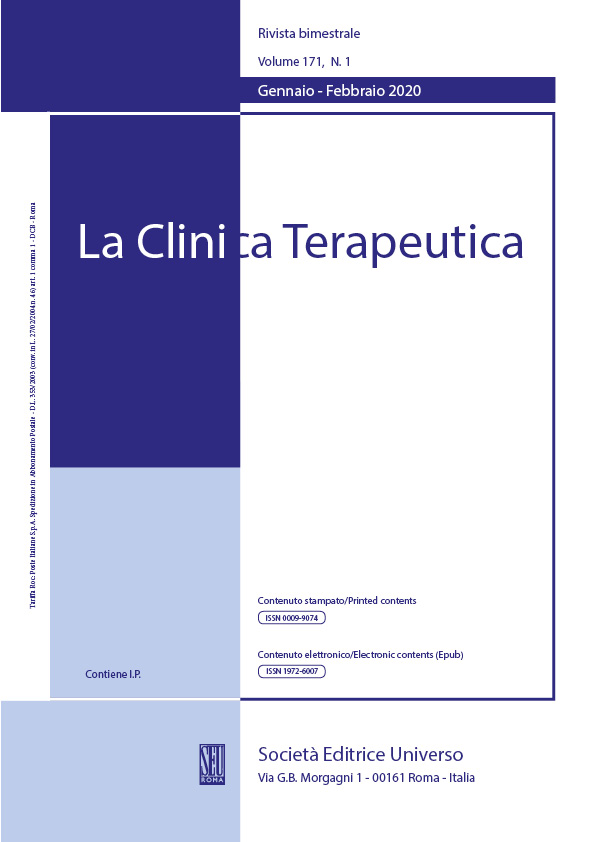Abstract
The author has delved into the most significant Italian and European court rulings related to heterologous fertilization and surrogate motherhood between 2012 and 2019, with a close focus on same-sex couples seeking to have their donor-conceived children born abroad legally registered in their country of origin. Undeniably, surrogacy has brought about a crisis in the traditional family model, made up of a mother and a father. The paper draws upon European Court of Human Rights established jurisprudence that upholds the children’s best interests.
Italian Court rulings are expounded upon as well, which have been instrumental in establishing the principles by which parental figures do not necessarily coincide with those who have generated the children (through biological bonds or delivery), but rather with those who wish to be recognized as parents. The cases herein examined involve homosexual couples who decided to travel abroad in order to gain access to surrogacy, from which children were born. In the case regarding two fathers, the child had no genetic tie with either one intended parent. The Italian Supreme Court’s joint sessions have ruled that such children cannot be legally registered in Italy, since their foreign-issued birth certificates indicate no genetic connection between the children and their intended parents.
The Author believes that the Supreme Court decision is valuable, but further legislative interventions will be necessary on account of scientific advancements; the issue of surrogacy is utterly complex and multi-faceted
